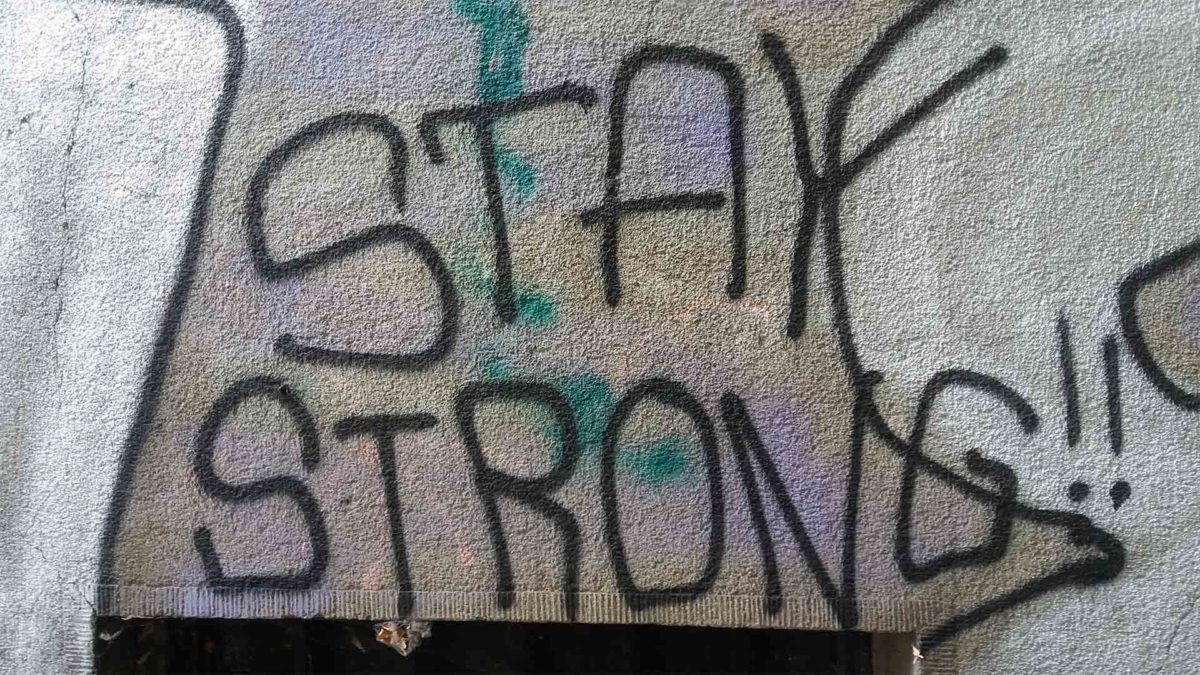ICAEW’s response to the FRC’s consultation on revisions to the Corporate Governance Code stresses that the future of corporate governance is as much about nurturing good behaviours as it is about preventing corporate failures.
ICAEW is calling on regulator the Financial Reporting Council (FRC) to ensure that an updated version of the Corporate Governance Code remains an example of global best practice and makes compliance by business both feasible and desirable.
In its response to the consultation published this week, ICAEW also supports plans to put director accountability and audit committees at the heart of governance reforms.
Compliance with the revised Code must be not only achievable, but desirable
The response reiterates ICAEW’s support of reform as part of the wider objective of restoring trust in audit and corporate governance. “We support maintenance of the principles-based, comply-or-explain model, over a more rules-based approach, because it permits general applicability of the Code beyond UK-based, premium listed companies,” the response says.
ICAEW also welcomes the FRC’s recognition of the pivotal role of audit committees. “High-quality assurance on all aspects of a company’s reporting is key and the audit committee is well placed to facilitate this,” ICAEW says.
However, it warns that many of the proposed changes to the Code could be onerous to implement, requiring substantial additional work and disclosures. Compliance with Code has dropped significantly since 2020 and the changes risk further reducing compliance until it may no longer be seen as achievable, or even desirable, ICAEW warns.
ICAEW also questions claims by the FRC that the Code will not constitute a UK equivalent to the US Sarbanes-Oxley (SOX) regime. “In practice, there is a significant risk that the SOX template will, by default, be applied in the UK in the absence of very clear and high-quality guidance regarding the nature and extent of work required to support the required directors’ statement on the effectiveness of controls.”
Peter van Veen, ICAEW’s Head of Corporate Governance, said a more joined-up review of the Code and the associated guidance would have helped to give a clearer picture of what the proposed changes are likely to mean in practice. “In the absence of the underlying detail, it is difficult to evaluate the proposed changes on their merits, determine whether the Code will have the desired impact, or be seen as a missed opportunity.”
Better alignment with international sustainability commitments
Meanwhile, ICAEW is concerned that the proposed changes to the Code do not include key aspects of the revised G20/OECD Principles for Corporate Governance, with the omission of a section on sustainability highlighted as particularly disappointing.
“With increasingly important international climate disclosure and sustainability reporting regulations coming into force, the absence of a section dedicated to sustainability is disappointing. We hope it will instead be addressed in the accompanying guidance. The OECD guidelines give specific examples, practicable frameworks and guidance on integrating sustainability measures and thinking throughout corporate structures. References to these, or similar, might be helpful to include in the upcoming guidance for UK businesses,” van Veen says.
The ICAEW response also proposes the development of a one-stop-shop of relevant resources and guidance to help companies understand their reporting requirements. That should include links to the International Sustainability Standards Board (ISSB) standards on sustainability reporting and guidance on an Anti-Fraud Statement and Modern Slavery Act Statement.
Culture and diversity at the centre of business planning and decision-making
ICAEW agrees that building the right culture is critical to the long-term success of any business. However, asking companies to report on desired cultural outcomes without clear guidance will most likely deliver boilerplate statements, it warns. “Culture must not be treated as a tick-box exercise given the devastating impacts poor cultural practices can have on the long-term health of an organisation,” van Veen says.
Clearer guidance about the key elements underpinning good corporate culture, and what good reporting looks like is needed, as well as the expectations regarding the reporting of diversity metrics. ICAEW would also like the associated guidance to link to the relevant government and other reviews, such as the Parker Review.
In its foreword to the consultation document, the FRC admits that in recent years internal control, assurance and resilience “have not attracted the attention they deserve” with the FRC expressing the desire to ensure that the UK policy landscape is better framed to help businesses thrive and flourish.
“We welcomed this consultation and the FRC’s openness to listen and receive feedback from a wide range of stakeholders. Reforming the Corporate Governance Code is a good starting point for restoring trust in audit and corporate governance; however, more work needs to be done,” van Veen says.
This consultation closed on 13 September 2023. An updated Code is expected to be published early next year.
This article was first published by ICAEW at the following URL: https://www.icaew.com/insights/viewpoints-on-the-news/2023/sep-2023/icaew-urges-frc-for-balanced-corporate-governance-code-revisions













